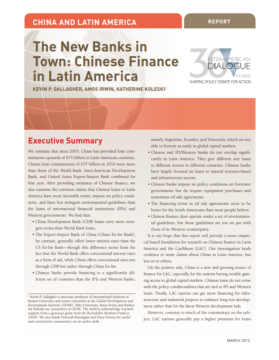Hugo Stay Home
Hugo Chavez, the Venezuelan president, has clearly been enticed by the Libyan drama, where his longtime friend and ally, Muammar al-Qaddafi, is under siege from rebel forces.
The massive turnout on July 28 showed that millions of Venezuelans chose to express themselves democratically through their vote, even if conditions were far from free and fair. Despite the unsurprising fraud by the Maduro regime to claim victory, what happened on Sunday is the starting point—not a death sentence—for Venezuela’s transition back to democracy.
The Maduro regime’s blatant and unsurprising response was the only thing it could do: attempt to steal the election. There’s no credible evidence to back the official results, which the CNE announced on Sunday night, projecting a Maduro victory of 51% over 44% for González. On the contrary, all evidence—ranging from exit polls to copies of vote tallies from the voting centers to which the opposition monitors had access—points to a solid victory by the opposition, including in areas that traditionally supported Maduro.
A political transition in Venezuela can take place even after this tainted election with disputed results, and even as some people in power refuse to step aside.
[...]
Hugo Chavez, the Venezuelan president, has clearly been enticed by the Libyan drama, where his longtime friend and ally, Muammar al-Qaddafi, is under siege from rebel forces.
Estimates of the volume, composition, and characteristics of Chinese lending to the region since 2005.
Is the Venezuelan government likely to comply with the IACHR’s ruling or will it uphold the ban?
 A.Davey / Flickr / CC BY-NC-ND 2.0
A.Davey / Flickr / CC BY-NC-ND 2.0
